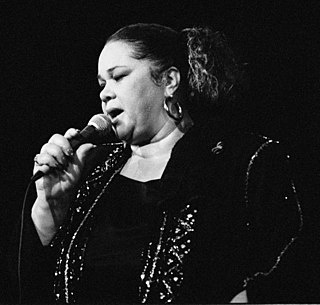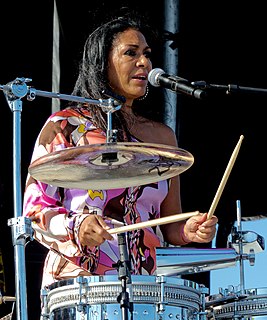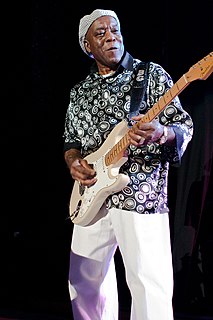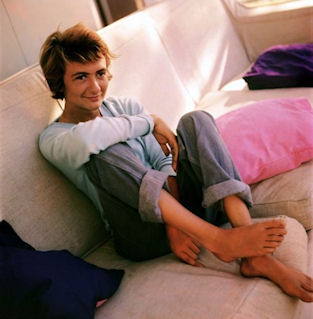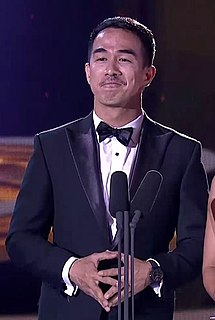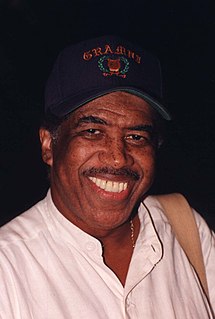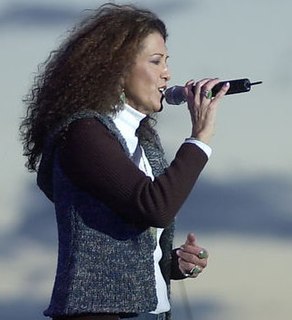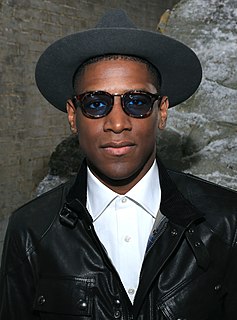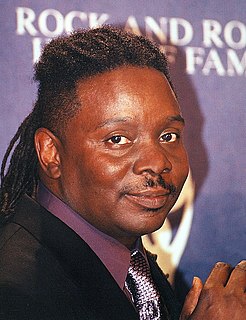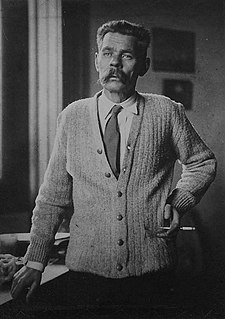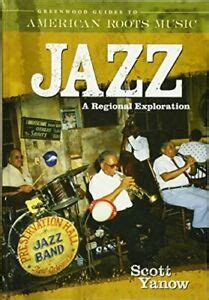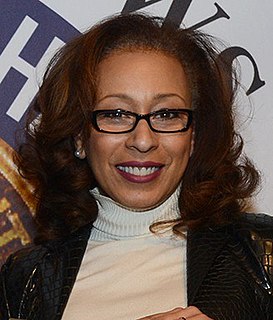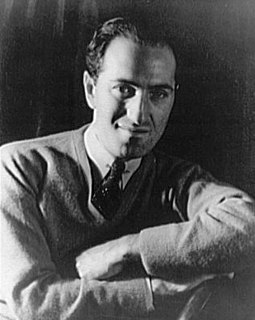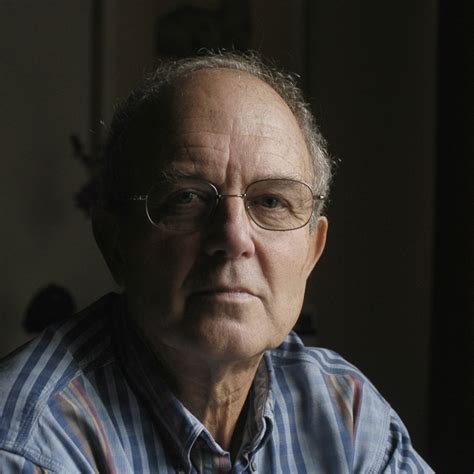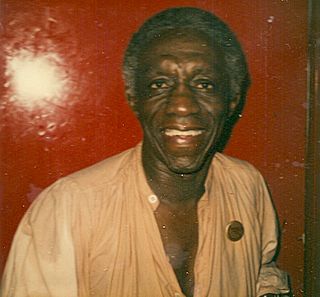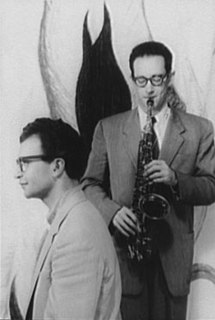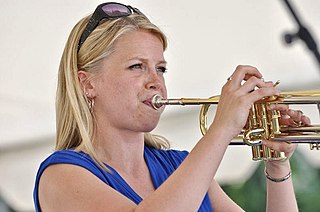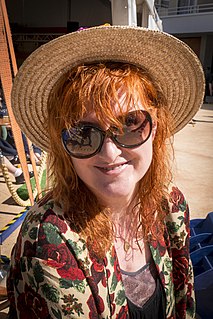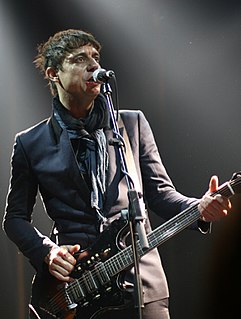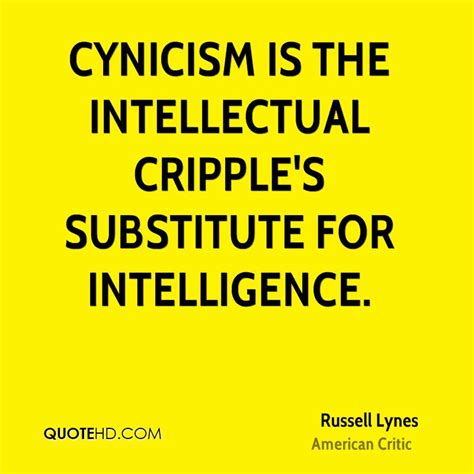Top 1200 Jazz And Life Quotes & Sayings - Page 4
Explore popular Jazz And Life quotes.
Last updated on April 20, 2025.
In New York, I was excited about the music in New York because the only music that I was more or less involved with in the South was either country and western or hillbilly music as we used to call it when I was a kid and, ah, gospel. There was no, there was no in between. And when I got to New York all the other musics that's in the world just came into my head whether it was the classics, jazz, I never knew what jazz was about all, had heard anything about jazz.
My dad, was, by trade, he had a Ph.D. in mechanical engineering. He's a huge, huge jazz fan. He used to travel all the time for projects, and he used to collect jazz records. He used to collect hundreds and hundreds of jazz records because he had this passion for it. That's kind of how they had certain hobbies together with my mom.
I have to admit that more and more lately, the whole idea of jazz as an idiom is one that I've completely rejected. I just don't see it as an idiomatic thing any more...To me, if jazz is anything, it's a process, and maybe a verb, but it's not a thing. It's a form that demands that you bring to it things athat are valuable to you, that are personal to you. That, for me, is a pretty serious distinction that doesn't have anything to do with blues, or swing, or any of these other things that tend to be listed as essentials in order for music to be jazz with a capital J.
The job of the jazz people is to take it as far as it will go and that's what they're doing. But in the process of taking it out there, there has to be some times when they're not getting it right. It all depends on what you dig. I personally don't think the fusion of jazz with the heaviness of rock is working.
At this time the fashion is to bring something to jazz that I reject. They speak of freedom. But one has no right, under pretext of freeing yourself, to be illogical and incoherent by getting rid of structure and simply piling a lot of notes one on top of the other. There's no beat anymore. You can't keep time with your foot. I believe that what is happening to jazz with people like Ornette Coleman, for instance, is bad. There's a new idea that consists in destroying everything and find what's shocking and unexpected; whereas jazz must first of all tell a story that anyone can understand.
Improvisation was the blood and bone of jazz, and in the classic, New Orleans jazz it was collective improvisation in which each performer, seemingly going his own melodic way, played in harmony, dissonance, or counterpoint with the improvisations of his colleagues. Quite unlike ragtime, which was written down in many cases by its composers and could be repeated note for note (if not expression for expression) by others, jazz was a performer's not a composer's art.


